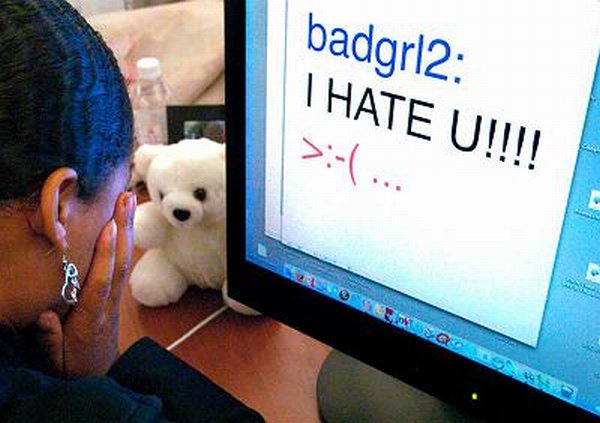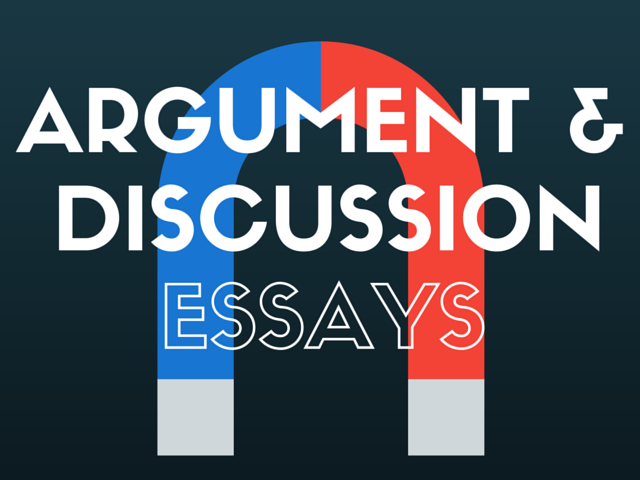Better Teaching Through Effective Classroom Management
/
Teaching can be difficult when students disrupt your lessons simply to get a reaction. Keeping the lessons and discussions rolling can be difficult when you keep getting interrupted.
It’s lose / lose scenario in most because you aren’t getting your message to those who need it in your class, and you often lose face when students take control of the behaviour of the room. This can be especially difficult for a graduate teacher to get on top of, but there are strategies available to you…
Classroom management refers to how teachers make sure that lessons continue even with disruption. Classroom management helps teachers deal with issues about motivation, discipline and respect. There are different strategies and techniques that teachers use to make sure that their students are inspired, motivated and well-behaved. Of course, techniques would depend on the teacher’s preference.
The best time to let students know about your rules is during the first day. Even before classes start, you would have to know what to expect from students and how they can meet those expectations. So, when explaining the classroom rules on the first day, make sure that they understand it clearly and they know the consequences for not abiding the rules. If you fail to explain or provide punishments or consequences of violating classroom rules, then students would get confident not to follow them at all.
Make it a part of your course or subject syllabus. Discuss the rules, point-by-point if necessary. Just like what you do in academic topics. This would help clear out any misunderstanding and wrong interpretation.
Students who tend to become unruly are pushed into doing disruptive behaviour because they are bored. It is best to avoid an hour-long lecture. If you continue to do that, your students would sleep or play with their cellphones and other gadgets. If you notice that it would take an army before your students could remain strapped in their seats within the next hour, then incorporate different kinds of activities.
For most teachers, they would have three activities in a forty-five minute period. The student get to release their energy and at the same time learn something. If your students are trying to deviate the discussion into something completely irrelevant, then do not say that straight. You can try connect it and then start to get back to the original topic. If your students are becoming confrontational, then do not argue to make them agree with you. They would resist more if you force them. Let them see what are the consequences of their bad behaviour.
If you are having problems with specific students and they are becoming too much for you to handle, do not force it into yourself. There are many aspects or people in the school administration that could help. You can talk to the guidance counsellor and ask for any ideas on how to face or handle the issue. If the student will cooperate, you can have them meet the counsellor themselves.
Another strategy that teachers use is making their students feel that they genuinely care for them. You could ask them how they are whenever you see them. If they are really unruly, you could pull them out when everyone is busy and ask him what is wrong. Sometimes, students will tell you some problems they have encountered at home or at school.
Bottomline is students also have pent-up energy inside them. Those energy if unused in their lessons will explode in other ways. As a teacher, you would have to make sure that those energy is spent in a useful way. Teachers are not only concerned with academic teaching, but making sure that the students’ energy are put into positive and productive use.













